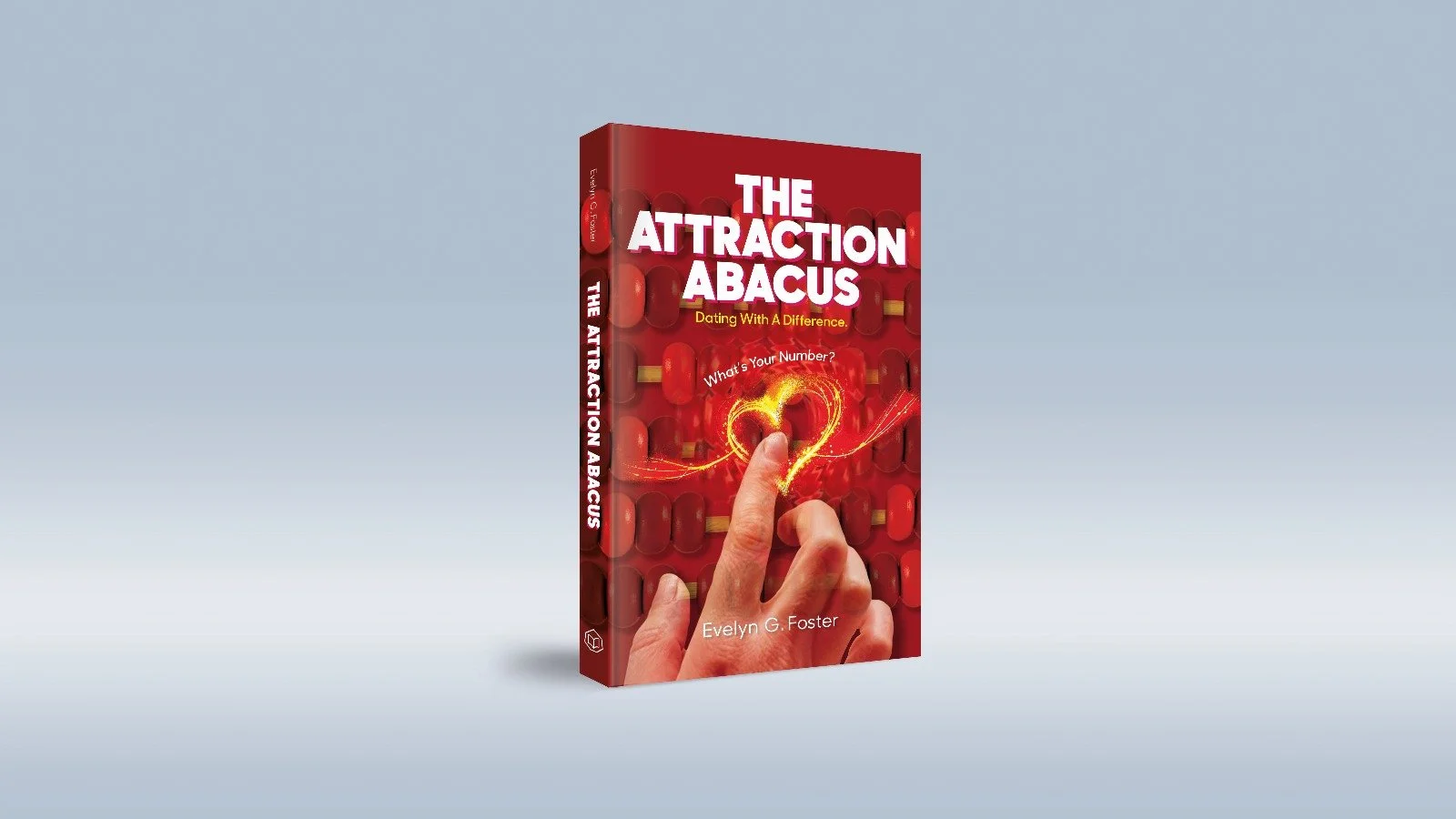Personality is more important than looks to women?
Are women really more swayed by personality than looks?
A good-looking woman walks into the room, and the head of every guy turns. But wait, isn’t that true of women too? Could they be even worse than men?
It’s one of the most enduring ideas in dating and relationship culture: that women care more about a person’s personality, while men are more focused on looks. The stereotype feels intuitive, even romantic, as if women look “beyond the surface,” while men are “visual creatures.”
But is this widely repeated claim actually true? Or is it one of those myths that persists because it feels right, not because it is right?
Research in psychology, evolutionary theory, and social behaviour paints a more complicated picture. Yes, women say they value personality more highly than appearance, but behaviour and context tell a more nuanced story.
What the Research Says
Self-Reports: Women Say Personality Matters More
Survey data across many countries show that women consistently rate personality as more important than looks.
A major YouGov international study spanning 20 countries found that women in every nation surveyed were more likely than men to say personality mattered most in a romantic partner.
In the UK, 91% of women ranked personality above looks, compared with 80% of men.
Even in Vietnam, the country with the smallest gender gap, 64% of women still placed personality above appearance compared with 46% of men.
These results hold up across age groups and cultures, at least at the level of self-reported preference.
So on the surface, the stereotype looks accurate. But things shift when researchers look at behaviour rather than statements.
Behavioural Studies: Looks Still Carry Weight
When psychologists run experiments or study actual dating behaviour, the story becomes murkier.
A study by researchers at the University of Westminster found that when women were shown photos of potential dates along with short descriptions of their personality traits, physical attractiveness still exerted a stronger influence than personality. In fact, even when a man was described as “honest, kind, and respectful,” women were less likely to choose him if his appearance scored low on attractiveness.
Similarly, speed-dating research shows that both men and women rely heavily on looks in initial encounters. Women often report that they value personality more, but in real-time interactions, their choices often correlate just as strongly with physical appearance as men’s do.
In other words, what people say they value and what they act on can diverge dramatically, especially in the first few seconds of attraction.
The Evolutionary Context
Evolutionary psychology offers one possible explanation for these patterns.
According to parental investment theory, women, who historically bore greater reproductive and childcare costs, evolved to prioritise traits indicating stability, reliability, and long-term commitment. Men, facing lower biological costs per offspring, tended to emphasise fertility cues like youth and physical health.
From that standpoint, it makes sense that women would focus on personality traits (e.g., kindness, ambition, loyalty) as proxies for stability. Meanwhile, men’s stronger emphasis on appearance could reflect evolutionary cues of fertility and health.
However, modern data complicate this story. Studies increasingly show that both men and women respond to both sets of cues, personality and looks, and that cultural context strongly shapes how each is weighted.
Context Matters
No single answer can capture all relationship contexts. Preferences shift depending on the type of relationship and the stage of attraction.
Short-Term vs. Long-Term Relationships
In short-term contexts, such as casual dating or one-night encounters, physical attractiveness tends to matter more for both sexes.
In long-term relationships, traits like reliability, kindness, and compatibility rise in importance.
So yes, when women say they value personality, they often mean in the long run. But at the initial stage, physical appearance still plays a powerful role in whether a connection even begins.
Threshold Effects
Research also suggests a “minimum attractiveness threshold.” Once a potential partner passes this basic standard, personality becomes a much stronger determinant of choice.
Put simply: personality may make you irresistible, but only if someone is already interested.
Cultural and Economic Influences
Culture, economics, and social structure deeply shape dating preferences.
In Nordic countries like Sweden and Denmark, women ranked personality and values much higher than looks, likely reflecting social equality and economic independence.
In countries with greater economic disparity, physical attractiveness and social status (for both genders) tend to carry more weight, as relationships are more closely tied to material security.
Urbanisation and social media also amplify the importance of physical presentation, with dating apps reducing first impressions to photos and short bios.
Thus, whether women prioritise personality or looks may depend less on biology and more on social structure.
Conclusion
The claim that “women value personality over looks more than men” contains a kernel of truth, but it’s a simplification. Women say they prioritise personality, and often genuinely do in the long term. Yet, like men, they are influenced by visual cues in the early stages of attraction.
Both genders are drawn to combinations of appearance, personality, and compatibility. The myth persists because it’s comforting and convenient, but the reality is more interesting: humans are complex, and attraction is multidimensional.
In the end, what makes someone irresistible isn’t choosing between looks or personality, it’s the chemistry between the two.
Imagine a dating agency where everything about you is reduced to a single score.
Age, looks, intelligence, personality and wealth are summarised as an eligibility factor.
Click below to find out more about The Attraction Abacus, a hilarious new workplace romantic comedy..


